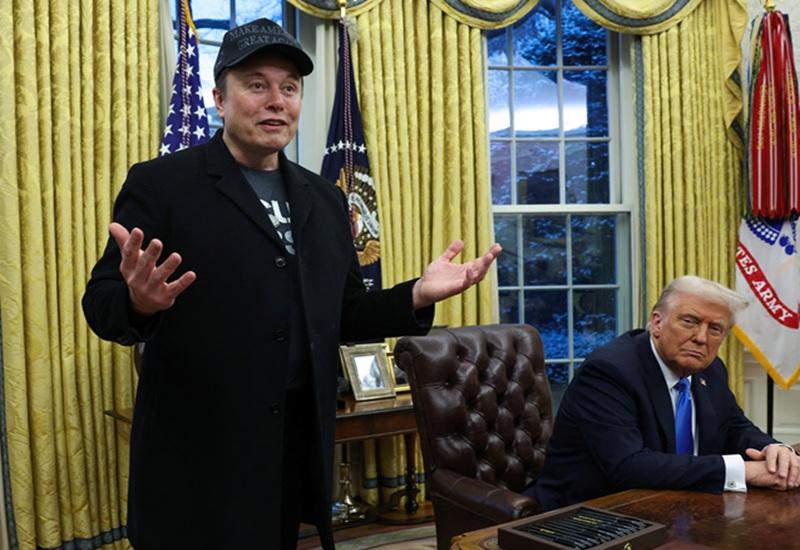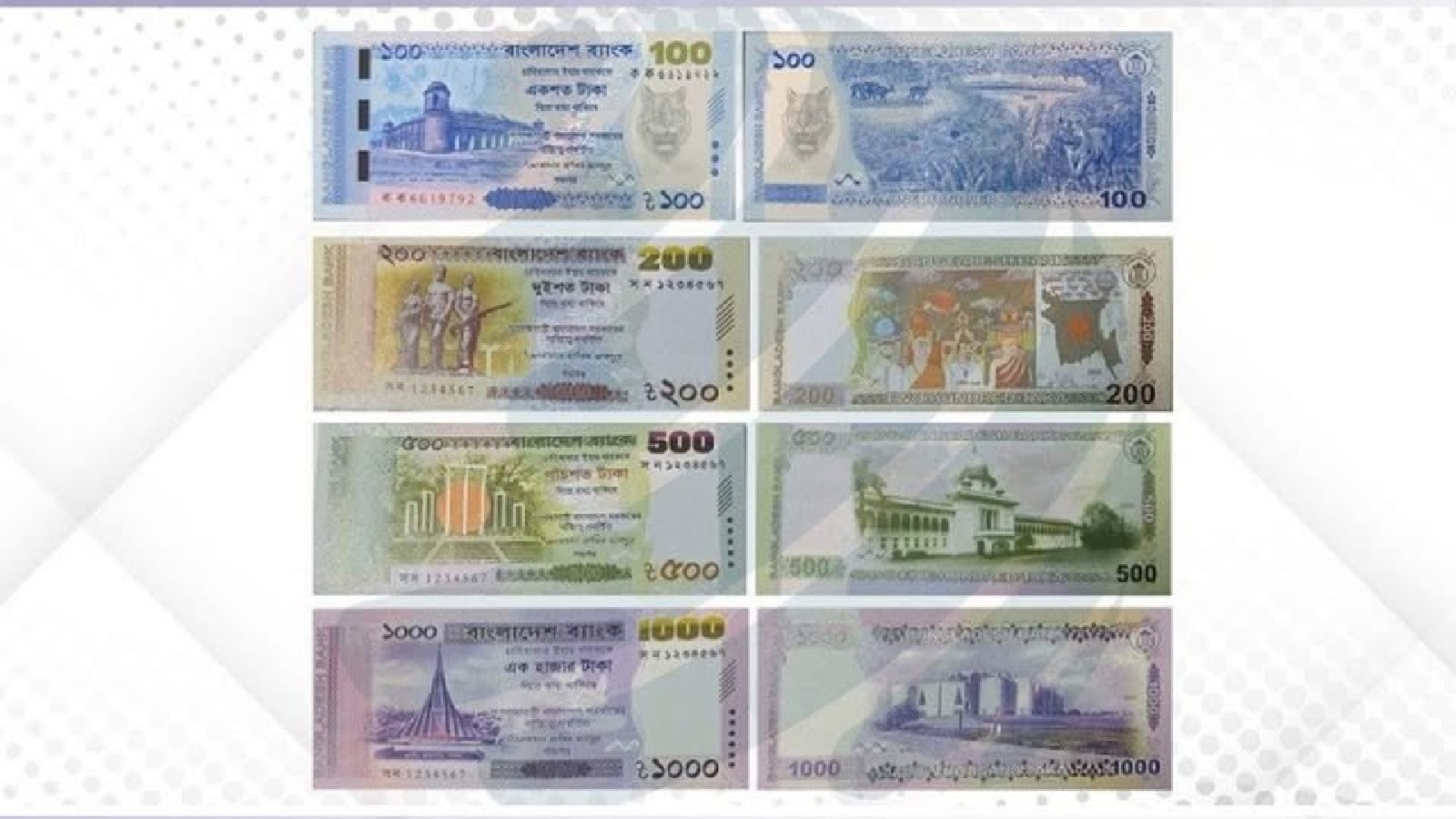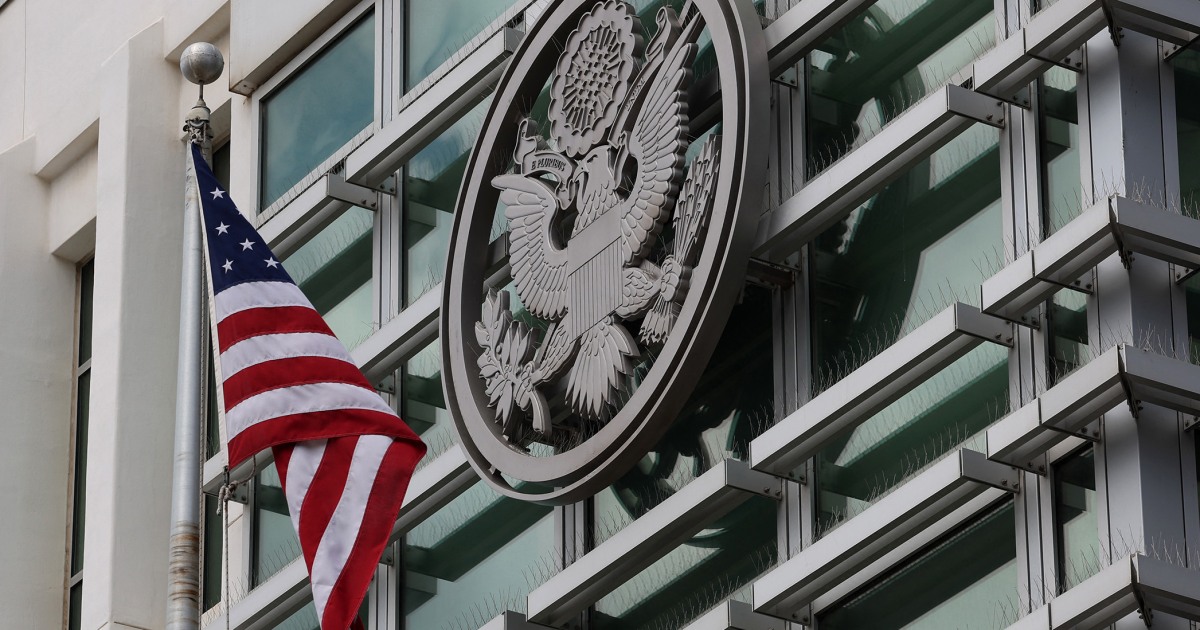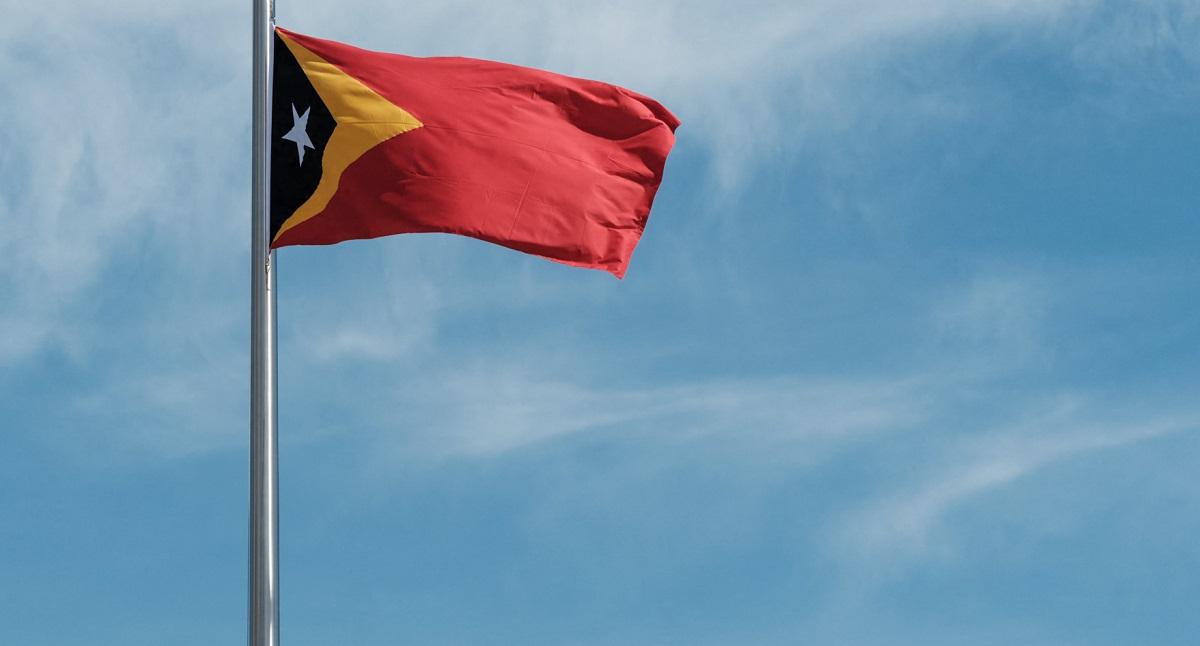Trump Claims Role in Easing India-Pakistan Tensions Through Trade Talks

In a recent statement from the Oval Office, U.S. President Donald Trump asserted that he played a pivotal role in helping India and Pakistan to halt hostilities, emphasizing that this understanding was achieved through trade discussions aimed at easing tensions between the two neighboring countries. During a meeting with South African President Cyril Ramaphosa, Trump remarked, 'If you take a look at what we just did with Pakistan and India. We settled that whole, and I think I settled it through trade.'
Trump elaborated, saying, 'And I said, ‘What are you guys doing?’ Somebody had to be the last one to shoot. But the shooting was getting worse and worse, bigger and bigger, deeper and deeper into the countries.' He expressed his satisfaction with the communication between the nations, stating, 'And we spoke to them, and I think we... you know, I hate to say we got it settled, and then two days later, something happens, and they say it's Trump's fault.'
In his remarks, Trump praised the leadership of both countries, saying, 'But... Pakistan has got some excellent people and some really good, great leader. And India is my friend, Modi,' to which Ramaphosa responded, 'Modi, mutual friend.' Trump continued, 'He's a great guy and I called them both. It's something good.'
This is not the first time Trump has made such claims regarding his influence on the dynamics between India and Pakistan. The recent lull in hostilities followed India's 'Operation Sindoor,' which was launched in response to a terror attack on April 22 in Pahalgam that resulted in the deaths of 26 civilians. This operation involved targeting nine terror camps located in Pakistan and Pakistan-occupied Kashmir (PoK), which consequently led to armed clashes between the two nations, including attempted drone strikes by Pakistan on Indian cities near the border and artillery shelling along the Line of Control (LoC).
Before any formal announcement was made regarding the cessation of military actions, Trump took to his social media platform, Truth Social, to declare, 'After a long night of talks mediated by the United States, I am pleased to announce that India and Pakistan have agreed to a FULL AND IMMEDIATE CEASEFIRE. Congratulations to both Countries on using Common Sense and Great Intelligence. Thank you for your attention to this matter!'
However, India promptly rejected Trump's assertions. The Ministry of External Affairs (MEA) of India reaffirmed the country's long-standing position that any issues related to Jammu and Kashmir must be resolved directly between India and Pakistan. They stated, 'As you are aware, we have a long-standing national position that any issues pertaining to the Union territory of Jammu and Kashmir have to be addressed by India and Pakistan bilaterally. That stated policy has not changed. As you are aware, the outstanding matter is the vacation of illegally occupied Indian Territory by Pakistan.'
Furthermore, the MEA clarified that trade discussions did not form part of the conversations between Indian and U.S. leaders during or after Operation Sindoor. They explained, 'From the time OPERATION SINDOOR commenced on 7th May till the understanding on cessation of firing and military action on 10th May, there were conversations between Indian and U.S. leaders on the evolving military situation. The issue of trade did not come up in any of these discussions.'
Operation Sindoor, initiated on May 7, saw India successfully targeting and destroying nine terror camps in Pakistan and PoK, a decisive move made in retaliation for the tragic terror attack in Pahalgam. Following this operation, Pakistan responded with artillery shelling across the border, affecting various areas in Jammu and Kashmir, coupled with attempts to launch drone attacks.
In response to Pakistan’s military incursions, India escalated its counteractions, specifically targeting and dismantling key military and aviation infrastructure within Pakistan, including significant airbases such as the Nur Khan Airbase in Rawalpindi and the Rahim Yar Khan airbase. Ultimately, both countries reached a mutual understanding to cease hostilities on May 10.



























